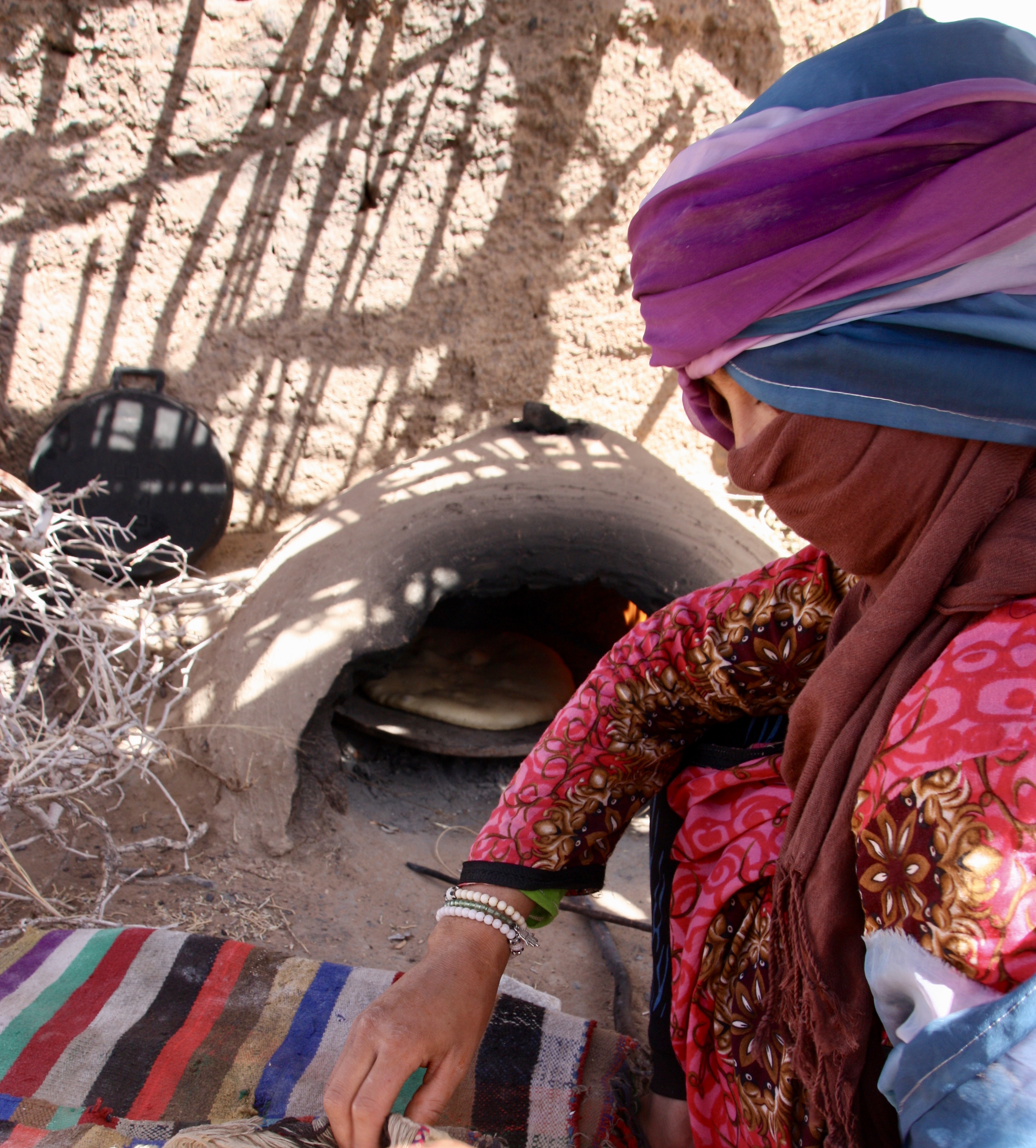Do not vanquish that which you fear; vanquish the fear itself. Better yet, use your fear to try more, learn more and accomplish more than you ever dreamed is possible.
Science has confirmed we are born with two innate fears, the fear of falling and the fear of loud sounds. Whether the “natural” fears we have for spiders, snakes, water and other dangers are genetically programmed or learned fears is debated. Regardless, our first reaction to danger is instinctive, a physical and psychological impact when the amygdala triggers a freeze, fight or flight response. I’ve put the survival mechanism to good use many times, especially when traveling in exotic locations with creepy crawlers.
Almost simultaneously, the cerebral cortex analyzes the stimuli. We review the context and details to determine if the fight or flight response is still necessary. So, while we panic when we encounter a snake on our hiking path, we might hold one presented to us at a reptile park. Conversely, an inherently safe object, such as a bag, may be feared if it’s associated with a traumatic event, such as an bomb in a backpack.
We often seek out the dopamine rush of fear-inducing events. Horror movies, white-water rafting or crossing suspension bridges are fun, if you know you’re in a relatively safe environment. We often feel confidence and accomplishment when we conquer such events. Studies show we can overcome some of our fears by continued exposure to them. This explains the mindset of extreme thrill seekers – they have rationalized, and hopefully mitigated, the dangers. It also highlights that most fears are learned, the product of cultural and environmental conditioning.
Most of the fear we experience is based on perceived threats or “what if” thinking. Many fears reflect psychological resistance to loss, change or rejection. Using these fears to navigate our social world inhibits us unnecessarily. We avoid anything new or different. Rather than confront our fear, we vanquish the things we fear with excuses of why we can’t learn a new language, play a sport, interact with different people or travel to a new country.
Fear of difference and of the unknown also impact our emotional, social and cultural relationships. Our survival requires social interaction. Fear, however, is often used to “protect” ourselves from others. We build walls to confine and isolate small groups or to keep the masses away from the privileged few. In the most egregious situations, fear is manipulated to justify bullying, racist policy and even genocide.
Today’s rhetoric and politics of divisiveness magnify our fears. There are real threats in our world, but most of our individual fear is constructed around possibilities rather than what is actually happening. For example, a friend claims she is afraid of women wearing a burka because “their actions or emotions are not visible.” When challenged, my friend admitted she has never met a woman wearing a burka. Her “what if” mindset justifies a fear for something she doesn’t deal with in her own life. She may miss the opportunity to meet some fascinating women. More seriously, she is perpetuating a stereotype that could be used to justify restricting the rights and choices of others. She is seeking to vanquish that which she fears, rather than vanquishing her own fear.
Here’s the good news. If a fear can be learned, it can also be mitigated by knowledge and exposure to the people and things we fear. This is why international travel is so important. We meet people in their own settings and often challenge our own beliefs and traditions. We experience the universal truths of love, grief, joy and dignity. We discover most rituals, including what clothes we wear, reflect practical environmental, historical and cultural adaptations.
What if we cross the bridge to learn more about the people we fear, despite the fear? What if we went to different churches and learned how their basic precepts match those of our own religion? What if we focused on how we are similar versus how we differ? What if we lived in the here-and-now and stopped projecting about the future? Could we learn to vanquish the fear rather than seek to vanquish the people and things we fear?
I fight my own battles with fear daily. It is human to do so. But I’m using my fear to drive me forward rather than to inhibit me. To travel more. To take chances. To learn new skills. To meet new people. To understand different perspectives. Since I stopped trying to vanquish the things I fear, I see opportunities I would never had pursued in the past. I am not yet limitless, but I’m certainly trying to get there.


